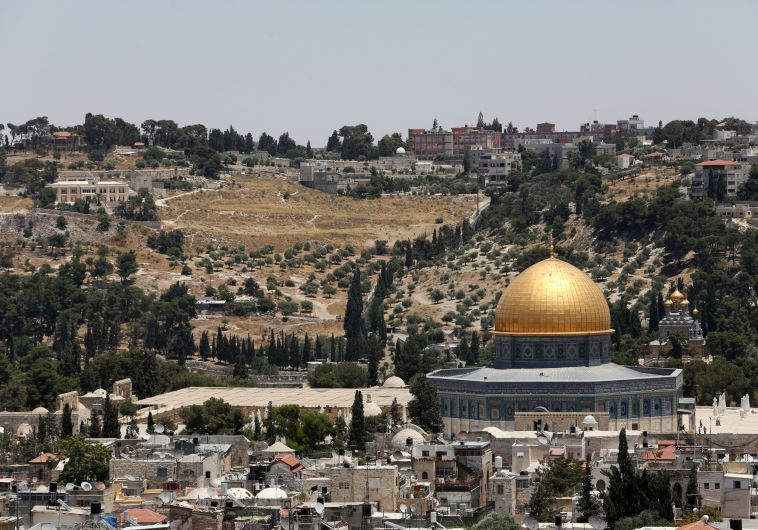The Temple – walking in the path of God – Tisha Be’av
What is the purpose of the Temple? And following that, what are we supposed to be mourning on Tisha Be’av?
 Jerusalem's Old City and the Temple Mount(photo credit: MARC ISRAEL SELLEM/THE JERUSALEM POST)
Jerusalem's Old City and the Temple Mount(photo credit: MARC ISRAEL SELLEM/THE JERUSALEM POST)